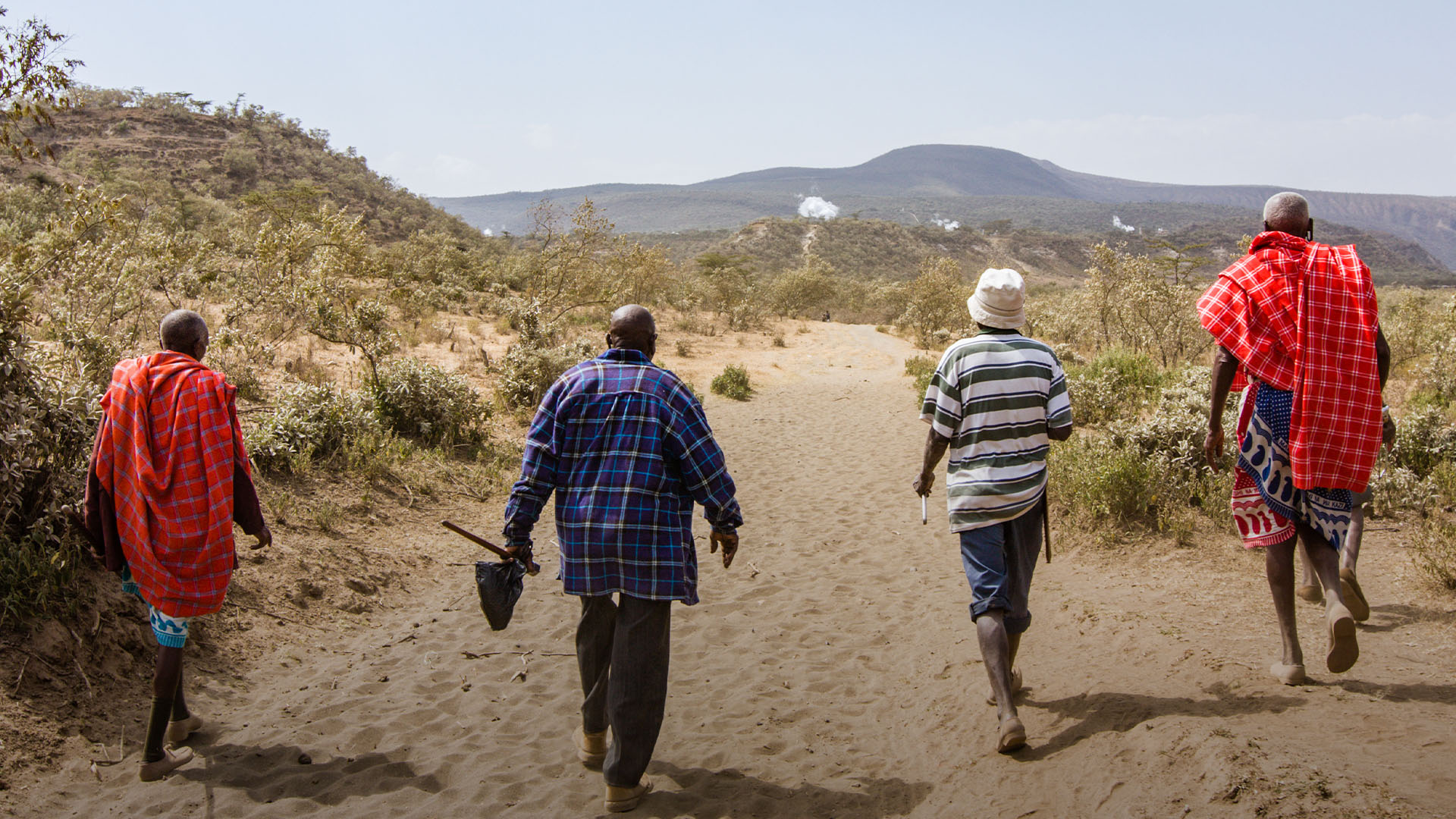In a place torn apart by decades-long conflict, pastors and village leaders are working to finally bring unity.
The Rift Valley is the crucible of Kenya’s tribal conflicts and often the site of confrontations among rival ethnic political groups.
A long string of historical grievances, the scars of colonialism and biased political leaders has made this region’s tensions persist up through modern times. In recent years, the fights between landowners and herdsmen along with violently tempestuous election seasons have dominated the news.
Certain politicians have only made matters worse by exploiting bygone injustices and perpetuating ethnocentric policies that alienate people who have more recently relocated to the area.
History Written in Blood
One of the worst modern conflicts in the Rift Valley took place in 1992 when 5,000 people were killed and another 75,000 displaced. The conflict was primarily between two local tribes for land ownership.
Right before the 1997 election, politicians began stirring up ethnic tensions, and the indigenous Digo community attacked tribes from central and western Kenya. Ultimately, this ended with 10,000 people displaced and 104 killed.
Tension reignited during the 2007 election, separating families and driving hordes of frightened people to take shelter in the slums. Around 1,300 people were killed and 650,000 displaced.
In 2012, clashes over cattle resulted in the deaths of over 40 people, including police officers sent to quell the violence.
Smaller conflicts have carried on into the last few years when cattle raids and a spree of murders over land shook the area in 2017 and 2018.
The entire region constantly seems on the verge of erupting into violence, and far too many have felt the weight of death, destroyed homes and missing loved ones no one can seem to relocate.
However, World Challenge partners in the region feel that God is beginning to bring healing to their people.
A Seed of Healing Planted
World Challenge’s partner Pastor Philemon works primarily in the Rift Valley region.
He describes healthy evangelism lessons as a unifying and “very important, blessed tool for entering a community.”
Much of the Rift Valley’s issues with land and cattle comes out of the land’s semi-arid climate where water is scarce for the majority of the year. Alongside this problem comes health issues where people drink whatever water they can find, despite it often being contaminated with animal and human feces.
A 2012 joint report by two government organizations shows 41% and 68% of Kenyans are not accessing safe water and proper sanitation respectively. Consumption of dirty water, poor hygiene and sanitation related health complications accounts for over 60% of all hospital visits.
This has become urgent in the last few years thanks to an outbreak of Rift Valley fever.
To combat this issue, Pastor Philemon enters villages offering to teach them how to purify their water and avoid what has been contaminated by dogs, cows or other people.
This leads to other health lessons like how to prevent common diseases such as cholera, typhoid and chikungunya — a mosquito-borne ailment—as well as some simple home remedies to treat the milder illnesses like diarrhea.
With these lessons, he talks about how God designed people to work together to help one another and build each other up.
A Cause for Unity
Through several trainings with World Challenge partners, leaders from three different tribes bordering one another have come together and begun discussing how they can work together for the betterment of their communities.
The significance of this cooperation is felt deeply by Pastor Philemon who has been visiting their villages. These ethnic groups are traditional enemies and have been fighting bitterly for decades.
Not only are the individuals gathering remarkable, but their desire to help their people fills Pastor Philemon with great hope.
Because the Rift Valley in particular has been wracked by so much devastation, it has also received a great deal of humanitarian aid. This has unfortunately led many locals to simply wait for political leaders or outsiders to offer handouts.
“This ministry has come a long way from dependency on relief to development and self-reliance,” Pastor Philemon explains with the villages that were once dependent on food kitchens. “Now we have a small center where we train the less fortunate with life skills such as wood-work, kitchen gardening, soap-making and cake baking as a way that they can earn themselves a living.”
Now that tribal leaders are joining in the cause, he has great hopes that the work and gospel will spread farther and faster.
